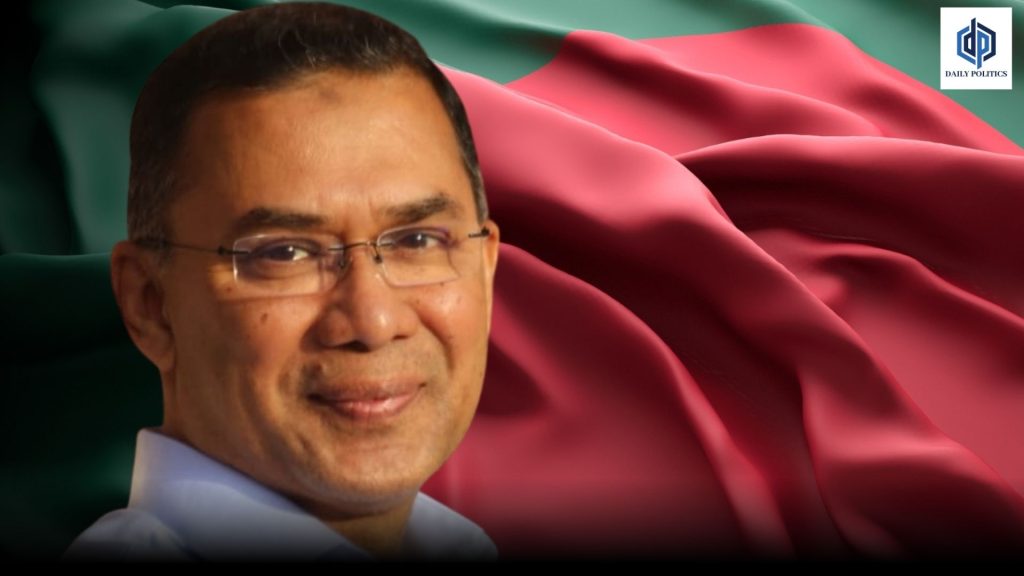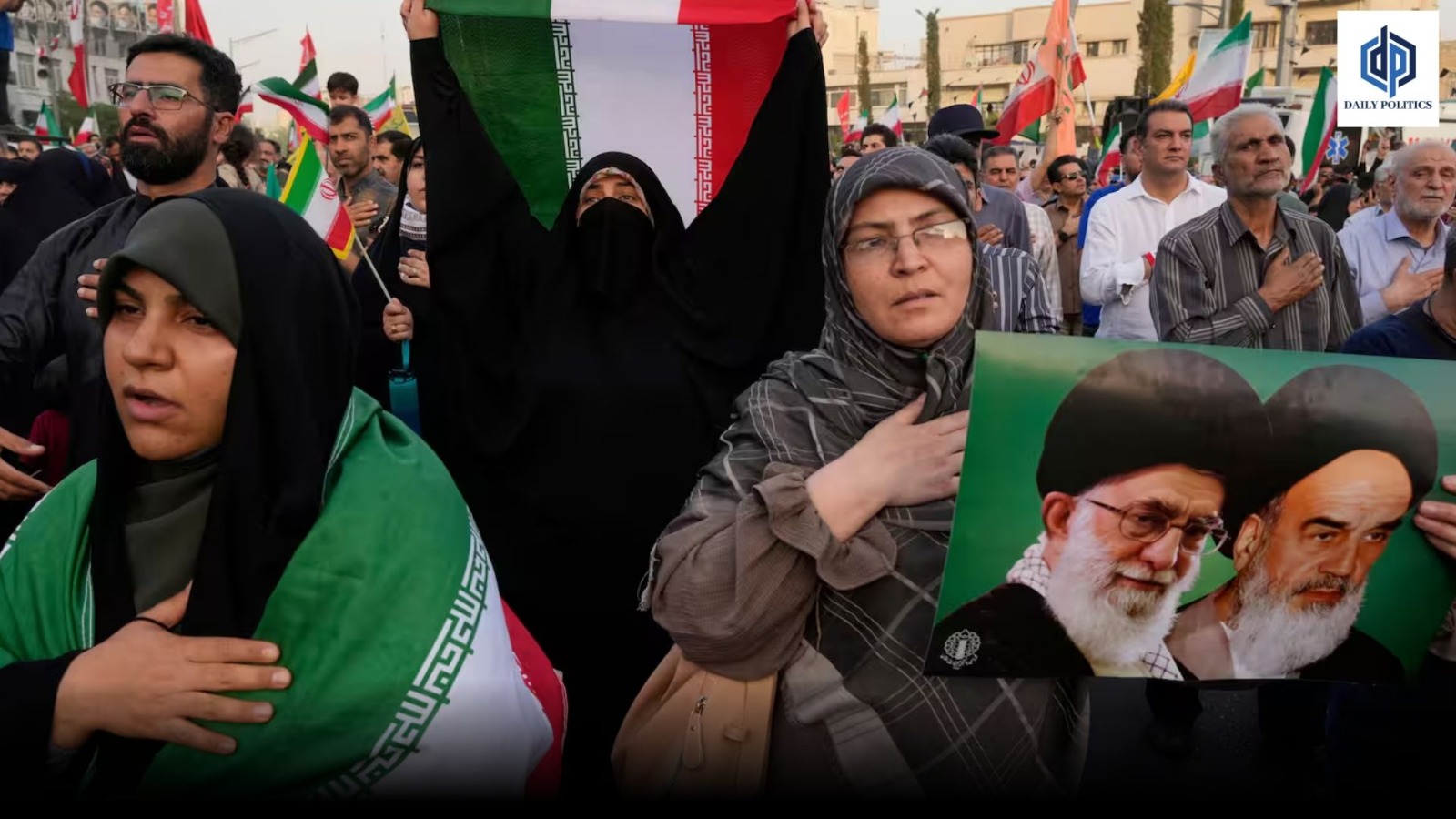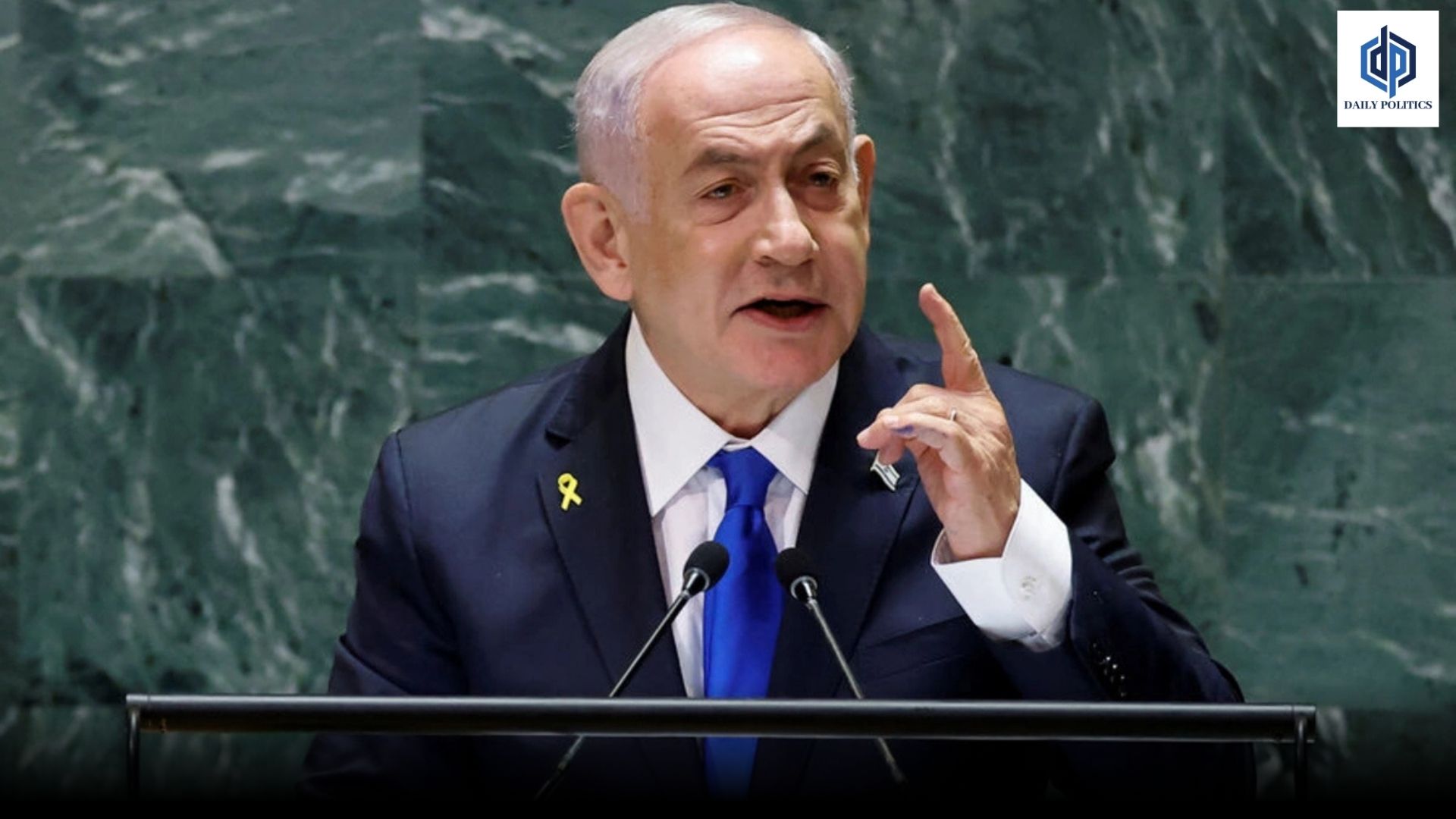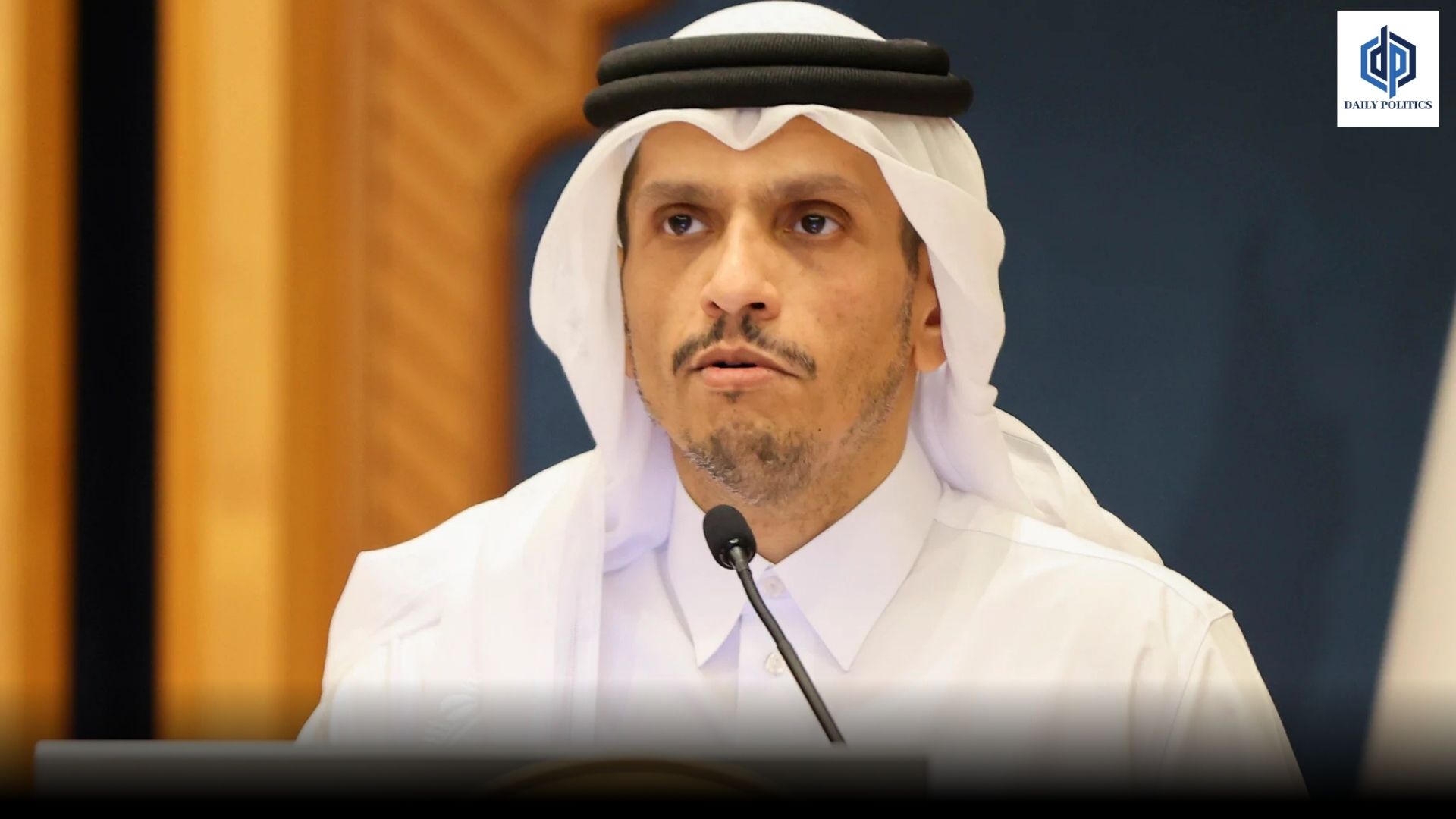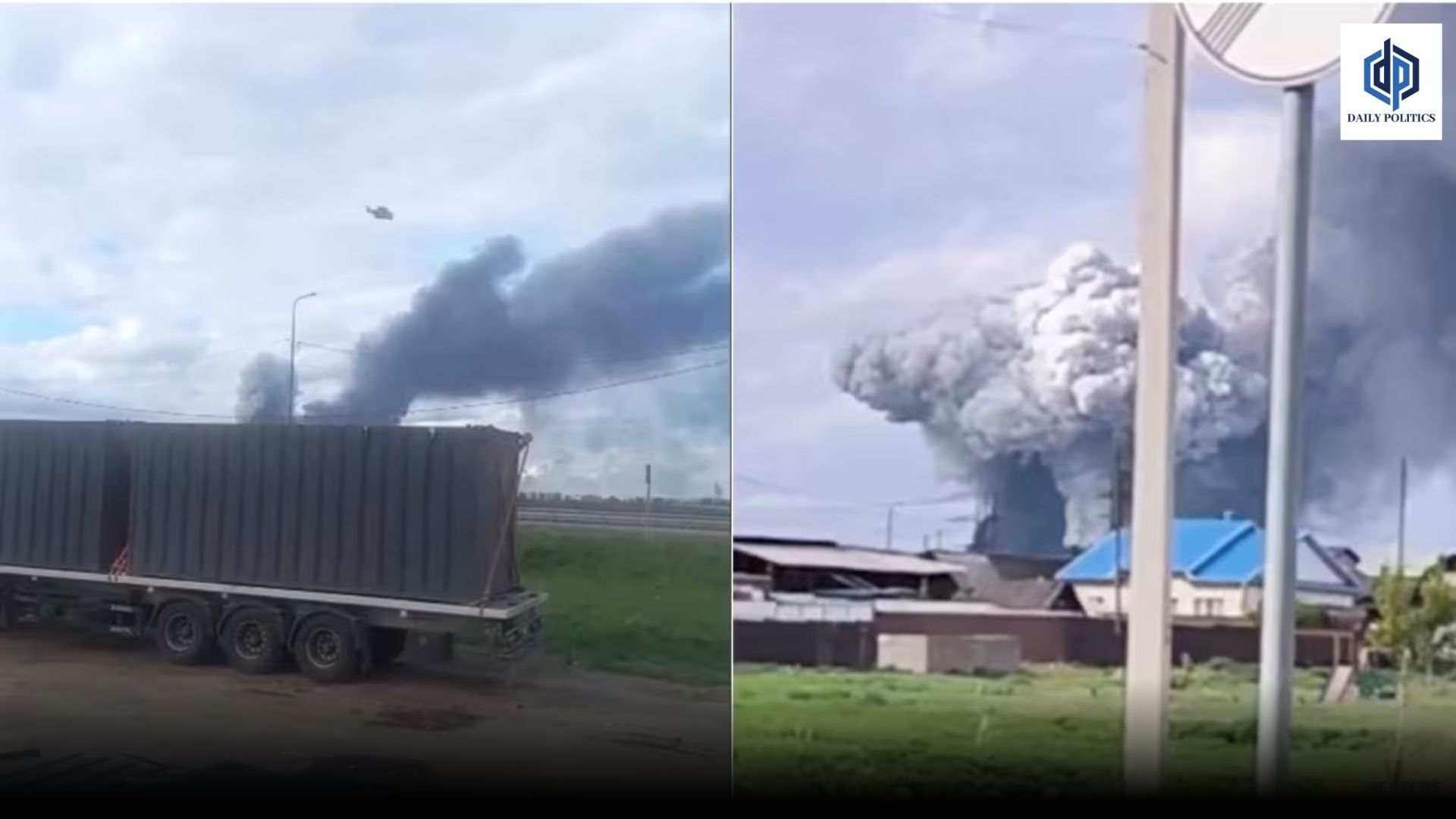Tarique Rahman, the exiled acting chairman of the Bangladesh Nationalist Party (BNP) and successor to the late President Ziaur Rahman, is apparently planning for a significant return to Bangladesh in response to increasing public demand for political change and democratic restoration. Credible reports of murder threats purportedly associated with foreign intelligence services, especially India’s RAW, have resulted in a strategic postponement of his homecoming, heightening concerns regarding the regional geopolitics affecting Bangladeshi democracy.
International observers express concern that the Bangladesh government’s apparent lack of urgency in offering security assurances for a national political figure may jeopardize democratic pluralism. The growing emphasis on anti-corruption, social justice, and constitutional integrity in domestic discourse is undermined by the lack of a secure environment for prominent opposition individuals, hence diminishing the likelihood of equitable political competition.
Tarique Rahman has consistently advocated for structural reform in Bangladesh’s governance framework. His 31-point national reform agenda advocates for extensive modifications designed to promote social fairness, the rule of law, and economic decentralization, targeting persistent problems of bureaucratic corruption, judicial politicization, and centralized administrative authority.
Political observers perceive Rahman’s prospective leadership as a component of a broader initiative to realign Bangladesh with welfare state ideals, prioritizing citizen-centric development, economic transparency, and a reconfiguration of civil-military and state-party relations. His perspective derives conceptual continuity from the original democratic framework proposed by Shaheed President Ziaur Rahman, highlighting sovereignty, decentralization, and civic accountability.
Notwithstanding divergent views within the national and regional political landscapes, civil society organizations and international democracy observers are increasingly agreeing that Rahman’s reinstatement may signify a pivotal moment for Bangladesh’s beleaguered multiparty system. His absence, meanwhile, signifies profound concerns over political violence, institutional deterioration, and the diminishing room for dissent in South Asia.
As Bangladesh nears a critical crossroads, numerous individuals within the diaspora and the nation extend their congratulations and tempered optimism to Tarique Rahman, urging him to govern not only with political resolve but also with a dedication to establishing a functional, inclusive, and development-focused state adept at navigating the intricacies of a 21st-century global South.

